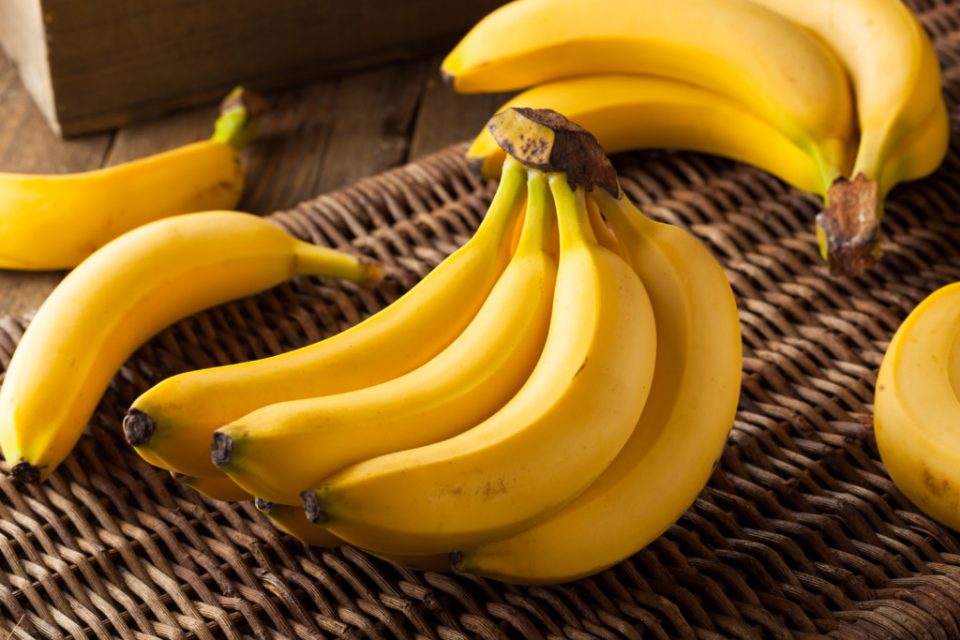Bananas have had a negative reputation for raising blood sugar levels in individuals with diabetes. People with diabetes need to be cautious of the contents of each meal. While vegetables and fruits contain numerous essential nutrients, some can spike blood sugar.
Proper blood sugar management is essential in preventing or slowing the progression of some of the major medical complications of diabetes. It’s, therefore, crucial to minimize or avoid foods that cause spikes in blood sugar.
Despite being healthy fruits, bananas are pretty high in sugars and carbs, which are the primary nutrients raising blood sugar levels. So, how safe are bananas for individuals with diabetes? If you’re asking yourself, “are bananas good for diabetes?” then this article is for you.
Bananas contain carbs
If you have diabetes, you must be wary of the type and amount of carbs in your diet. Carbs increase your blood sugar levels more than any other nutrients. This means they can adversely affect how you manage your blood sugar.
How much sugar is in a banana?
A medium banana (around 126 grams) contains 112 calories and 29 grams of carbs. The carbs are in the form of fiber, starch, and sugar. These simple carbs can cause blood sugar level spikes. According to the American Diabetes Association, ADA, people with diabetes should include fruit in a controlled diet. This includes eating a small portion of the whole fruit or a half-serving of a large one with every meal as a dessert.
Bananas and diabetes
Despite the carbs, bananas have a lot more to offer, including:
Bananas are rich in phytochemicals
Virtually all fruits contain phytochemicals that help reduce the risk of heart disease, stroke, and cancer. Since diabetes is associated with an increased risk of cardiovascular disease and other health conditions, diabetic people should consume bananas in moderation.
Green bananas are rich in resistant starch
Green bananas contain less sugar and more starch compared to yellow bananas. Just like fiber, resistant starch is resistant to upper digestive system digestion. As a result, it doesn’t lead to a rise in blood sugar levels. Besides, green bananas are gut-microbe friendly, helping you manage diabetes better.
Bananas contain fiber that promotes satiety
The dietary fiber in bananas helps slow down the digestion and absorption of carbohydrates. It also reduces the overall sugar spikes and manages diabetes.
Bananas are rich in Vitamin B6
Vitamin B6 plays a significant role in preventing diabetes-related issues, such as neuropathy, impaired glucose tolerance, and gestational diabetes.
Bananas are rich in potassium and antioxidants.
People with low potassium levels produce less insulin causing an increase in blood sugar levels. Evidence shows that individuals with low potassium levels are more likely to suffer from type 2 diabetes than individuals with normal potassium levels.
On the other hand, antioxidants prevent type 2 diabetes as they impede the formation of free radicals.
Bottom Line
Despite being healthy fruits, bananas are quite high in sugars and carbs, which are the primary nutrients raising blood sugar levels. If you have diabetes, you must be wary of the type and amount of carbs in your diet. Carbs increase your blood sugar levels more than any other nutrients. This means they can adversely affect how you manage your blood sugar.


